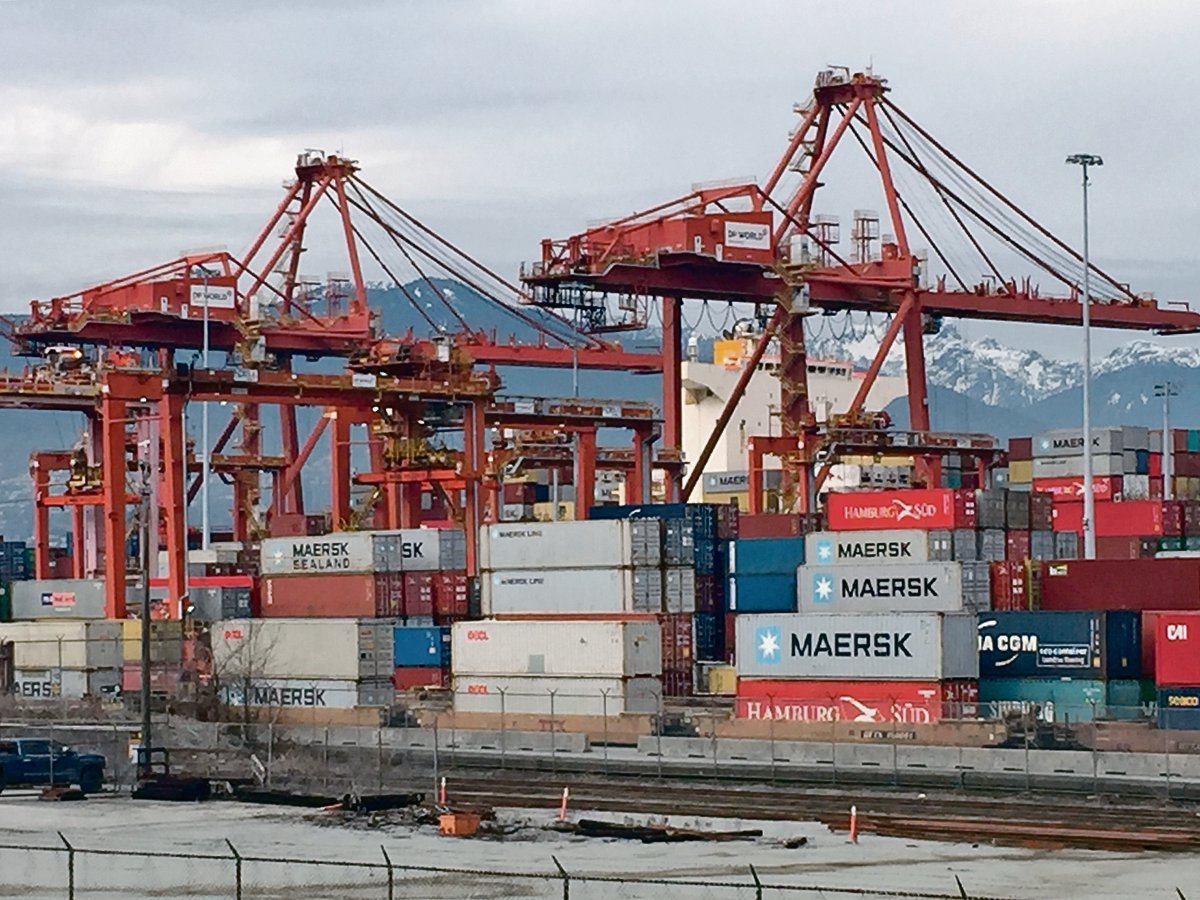FarmCo will post regional grain price averages so farmers can assess an elevator’s bid
A new price-posting system won’t undermine the work of independent advisers or threaten the commercial integrity of grain companies, says one of the men putting it together.
Russ Crawford, vice-president of FarmCo, said the Alberta Wheat Commission’s hoped-for service at www.pdqinfo.ca will offer something fresh for the marketplace from which everyone should benefit.
“This is just a source of information. It’s a long way from what analysts and advisers are providing,” he said in an interview during CropConnect in Winnipeg, where he was discussing the planned service with farmers and other agricultural interests.
Read Also

Message to provincial agriculture ministers: focus on international trade
International trade stakeholders said securing markets in the face of increasing protectionism should be the key priority for Canada’s agriculture ministers.
“They’re doing a good job, and we see this as a resource for them to do that more effectively.”
Crawford said grain companies shouldn’t see the service as a threat because the listed prices will be limited to regional averages rather than company- and site-specific prices.
Cereals grain pricing has bewildered many farmers for more than a year, because of confusing basis levels, different base grades from different grain elevator companies and logistical snarls that create a mess of price signals.
The wheat commission service, which is funded by more than $700,000 in Growing Forward 2 money, is meant to provide not just prairie-wide current elevator prices but also a wide array of pricing information from farm to port.
The lack of price clarity and transparency has created widespread farmer unhappiness, with some simply confused and others outright suspicious that the grain companies are pocketing outrageous spreads between what they pay the farmer and what they sell for at port.
In the latter group is the Canadian Wheat Board Alliance, which has described the spread between west coast reported free on board prices and eastern Saskatchewan elevator prices as a “grain robbery” and a “rip-off” perpetrated by the grain companies.
“Using newly revealed figures, we know that farmers had $13.7 million taken from them by the grain-handling companies in excess profits in one week alone,” said Kyle Korneychuk of the alliance.
“This is a continuation of the multibillion-dollar rip-off of farmers by the private trade since the killing of the farmer-controlled single-desk Canadian Wheat Board.”
Others, including many analysts and brokers, believe the spreads and volatile basis, which they note has sometimes been attractive to farmers, are a product of the last year’s logistical problems and the uniquely complex nature of wheat as a commodity.
However, virtually all farmers and farm groups have called for more clarity on grain prices and basis levels.
Crawford said the wheat commission service hopes to provide regional price averages that farmers in any area can compare against elevator bids in nearby regions and at various ports.
“They want to know that what they’re seeing at their local point is a competitive bid,” said Crawford.
“It becomes indicative pricing for areas and regions.”
Crawford said brokers, analysts and newsletter publishers shouldn’t feel threatened by the service because it will provide a general set of numbers to which they can attach their analysis.
“Rather than a lot of companies and analysts doing that same work of going out and finding information, what we’re proposing is just one general and independent source of cash market information that’s available to everyone,” said Crawford.
It won’t challenge the brokers’ and advisers’ edge on specific elevator bids, he added.
“We think what we’re talking about is quite different. We’re talking about price averages. We’re talking about trends. We’re not talking about specific locations or specific companies.”
Crawford and colleague John DePape have spoken directly with grain buyers and grain companies and haven’t found any that are refusing to provide purchase prices.
However, he said they now seem to be trying to formulate an industry position on the issue.
“They’ve come back to us and said they would like to talk to us as an industry, so we’re going to meet with the Western Grain Elevator Association and discuss this further,” said Crawford.
















